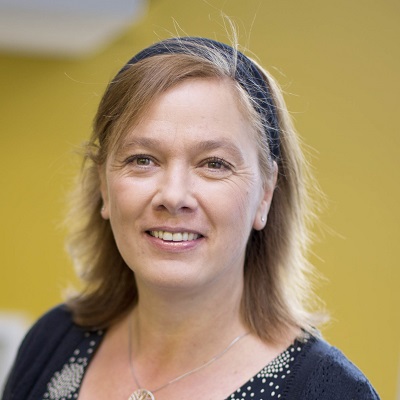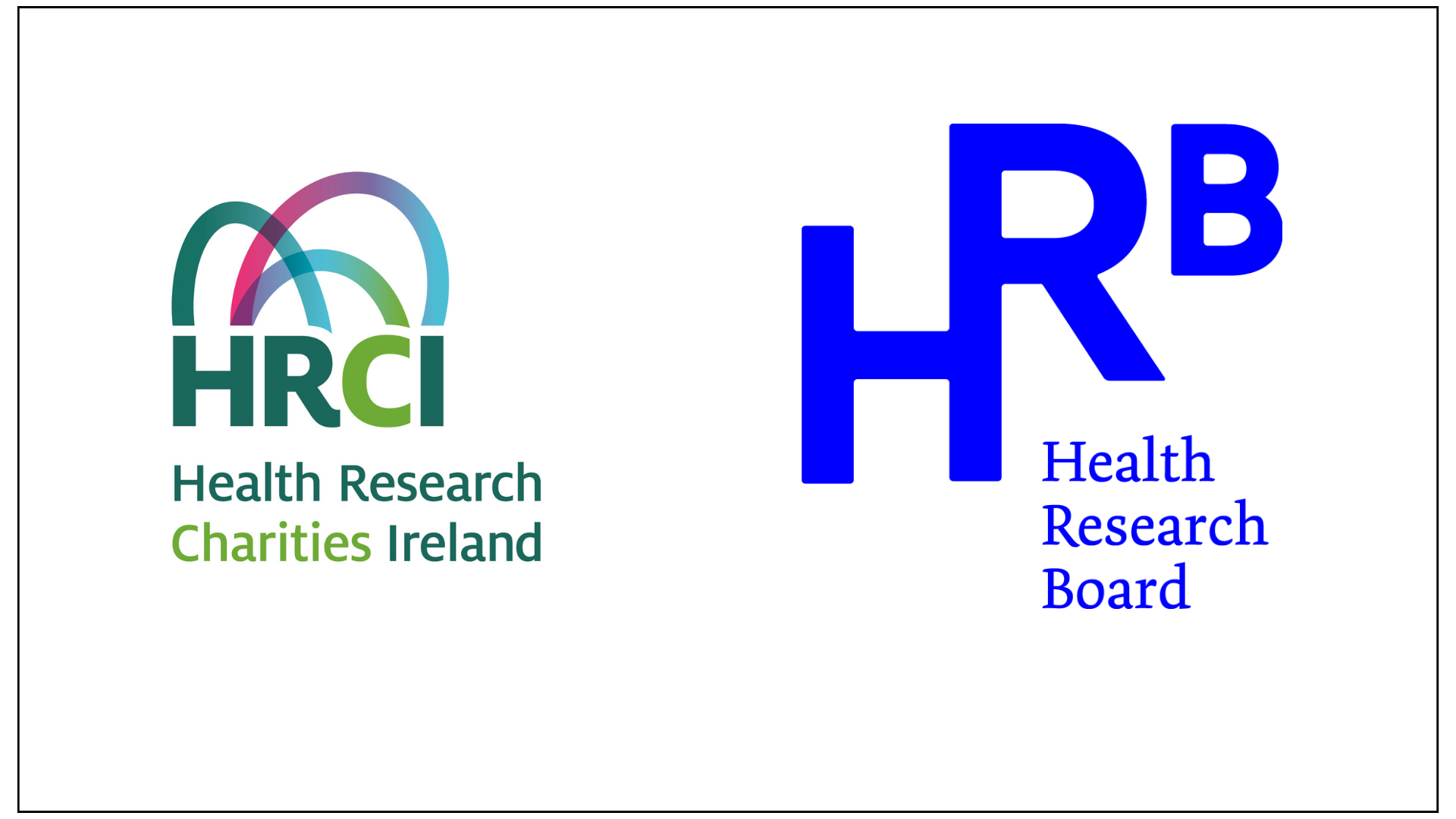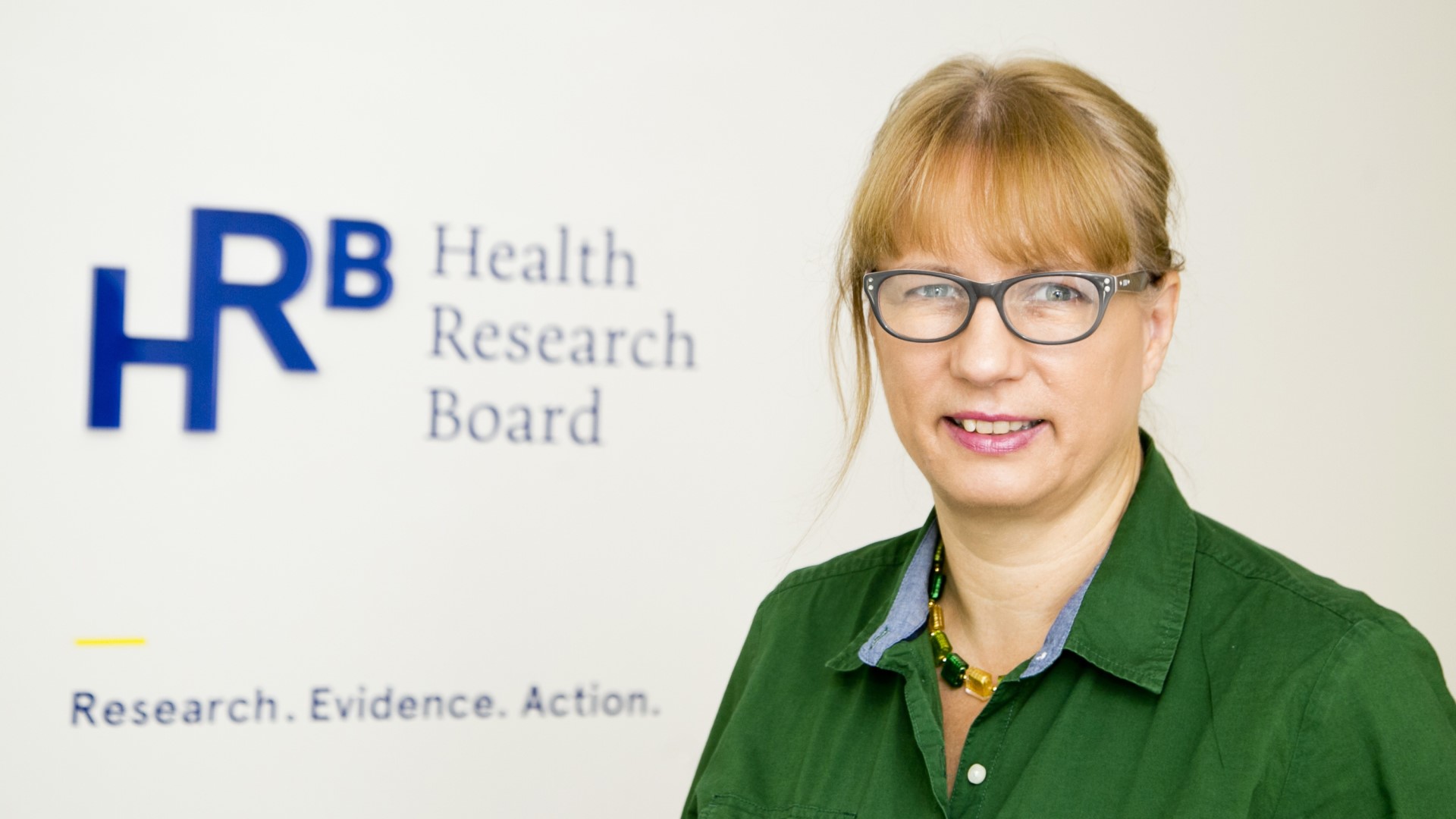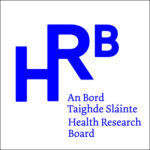Healthcare data – a key to finding solutions in the bigger picture
Dr Akke Vellinga uses healthcare data to shed new light on big problems and solutions, including the links between how antibiotics are prescribed and the rise of antibiotic-resistant bacteria. She talks to Dr Claire O'Connell...
5 min read - 27 Feb 2019

How many times has going for a walk helped you to see the bigger picture? For Dr Akke Vellinga, walking is an important activity for her research, which analyses patient and healthcare data for insights to improve treatments and practices.
‘I use data to make sense of problems and see bigger pictures in healthcare’, says Akke, who is a Senior Lecturer/Epidemiologist at NUI Galway School of Medicine. ‘Walking helps me to get new perspectives and insights’.
To date, Akke has worked on several separate issues in healthcare, including allergies, vaccination rates and antibiotic resistance. ‘As an epidemiologist, I have generic skills in research’, she says. ‘I can use [analytic] methods and statistics and apply them to various topics, so it’s relatively easy to hop from one subject to another’.
Akke’s career began in Belgium, where she studied for a Masters degrees in biology and epidemiology. ‘After that I worked on various different projects on vaccinations, on asthma and on allergies’, she says. ‘Then when we moved to Ireland, I found that I really needed a PhD in order to get the projects that I wanted to work on’.’
Prescribing and antibiotic resistance
For her doctorate, which was funded by the HRB, Akke looked at the relationship between antibiotic prescriptions and the emergence of antibiotic-resistant strains of bacteria in urinary tract infections.
Working with Professor Andrew Murphy and Professor Martin Cormican, she analysed data from GP clinics and antibiotic resistance in the west of Ireland. The study found that GPs often prescribed inappropriate antibiotics for patients, and this could be linked with bacteria becoming resistant to those medicines.
For Akke, working with GPs was a rewarding experience, but she needed to ensure that the GPs could see the benefit too. ‘GPs are amazing to work with’, she says. ‘They are very open to research but they are also very busy because they are constantly dealing with patients, so you have to give instant information back to them. They could see that if I could pull out the data [about prescribing] and do the statistics it could give them that broader perspective and provide the feedback on prescribing practices that could be improved. Working with GPs is very enjoyable and rewarding’.
Akke’s PhD not only resulted in online workshops on prescribing being run by the Irish College of General Practitioners, it also led on to a larger audit and intervention study of prescribing practices in the west of Ireland. ‘We know that GPs have really embraced the findings of the audit and they have started to prescribe differently in the west, but the impact on the resistance would take longer to show,” she says. “I would love to get funding to follow that up and look at it in the future’.
Diving into high-quality data
Akke is currently using her skills to analyse data from long-term care facilities in Ireland about infections, prescribing practices and antibiotic resistance. ‘The data is collected by the Health Protection Surveillance Centre from long-term care facilities in Ireland on one particular day and sent to the European Centre for Disease Control so they can write a European report’, she says. ‘Together with the HSPC, we are now looking at the Irish data in more depth so we can see if there is anything exceptional or worrying in the Irish situation’.
She is also exploring how a mobile phone app can gather more accurate insights into the pain experience of women who have urinary tract infections when they are being treated with antibiotics by their GP.
‘Traditionally, people with UTIs would have kept a paper diary, noting how their pain was – but while you can start off with good intentions about filling in a diary, it’s easy to forget. The app reminds you twice a day to fill in the information directly on your phone, so we have more accurate and time-stamped data. We are getting great feedback from women on using our app’.
Be clear about the importance of data
Akke’s work shows how complex issues can be brought into sharper focus with high quality data, and she would like to see more open discussions about the benefits of patients consenting for their data to be used for research.
‘I think as researchers we have a responsibility to explain better what we are doing with the data, and that we are not interested in individual patients but in that bigger picture’, she says. ‘That can be lost in the conversation and people feel that because they are sharing data we would know everything about them, but that is not the case, our interest lies in wanting to know how to improve healthcare’.
Regulations around the use of health data are a hot topic at the moment, particularly since the advent of the General Data Protection Regulations (GDPR) in Europe and the subsequent Health Research Regulations from the Department of Health in Ireland.
Akke sees the focus on data protection as an opportunity for greater awareness. ‘It is good that we have better rules and regulations, it’s important that data is collected ethically and anonymised. There is so much data out there, and I would like to see the data that we have linked up into even larger databases that researchers can access and make use of them’.
Meanwhile, Akke continues to think about new ways that she can analyse data to improve healthcare. ‘I walk each day no matter what weather it is’, she says. ‘The best walks are with our two dogs, we have a Labrador and a Jack Russell. The research is always at the back of my mind, I’m figuring things out’.
5 min read - 27 Feb 2019


